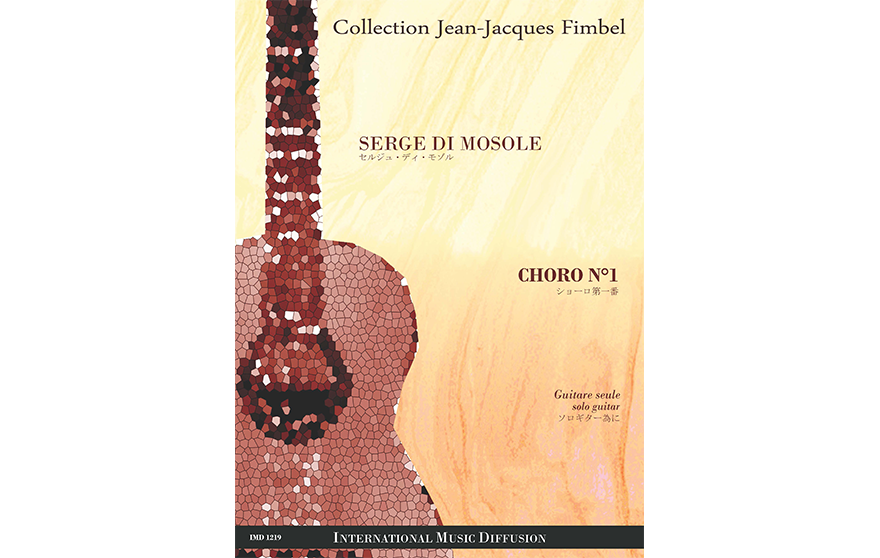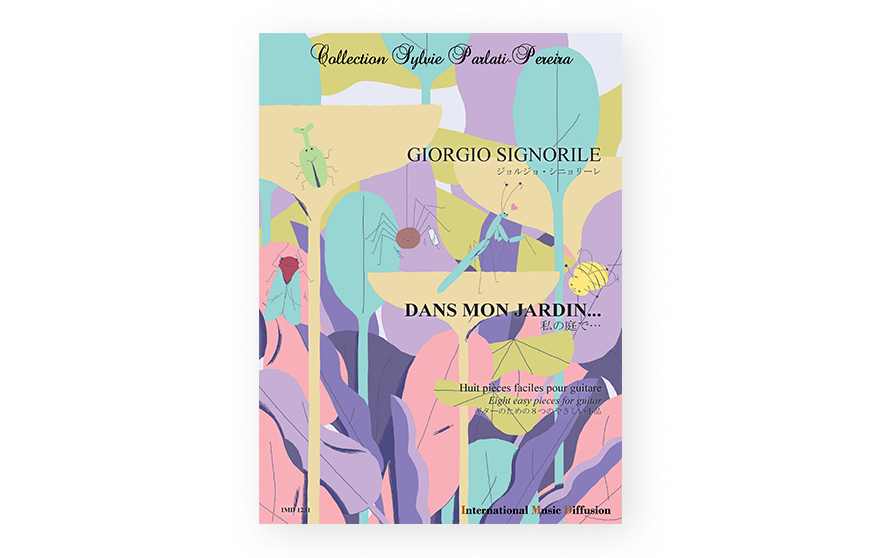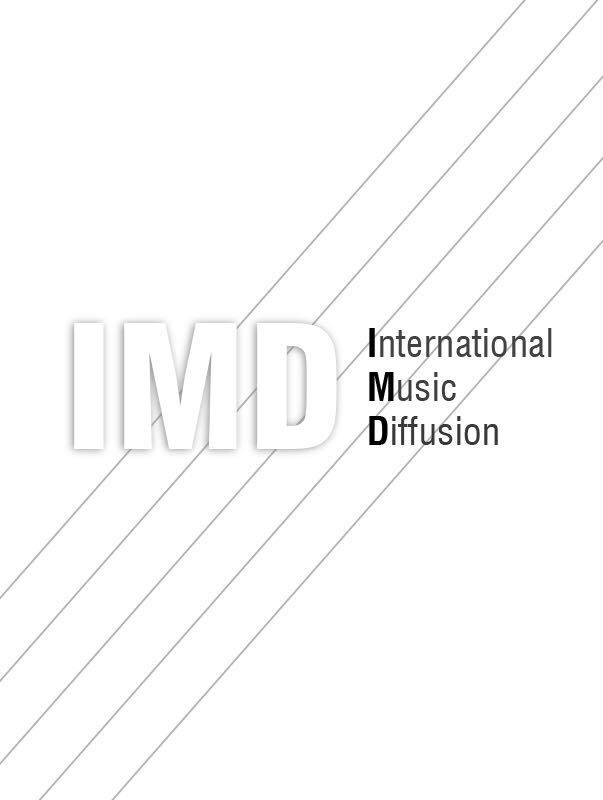1- What is your background as a musician?
I studied guitar with Alberto Ponce, Betho Davezac and Antonio Membrado.
I am currently a professor of Artistic Education, teaching classical guitar, vihuela and baroque guitar at the Conservatoire de Mulhouse.
I have given many concerts from Tokyo to Paris, passing through Milan, Freiburg, Strasbourg, Munich, Basel with the Fimbel duo, the Dodeca duo as well as many chamber music groups, and I have recorded several CDs. Passionate about early music, I play renaissance, baroque and romantic repertoires with Christian Zimmermann and the Franco-German Ensemble Bergamasca. I also play jazz and French chanson with the "On s'voyait déjà" Duet and the jazz guitarist and singer, Bernard Hertrich.
After taking courses in analysis and music history at the Ecole Normale Musique de Paris, I have composed nearly a hundred pieces and arrangements for guitars, which have been published by François Dhalmann, Les Productions d'Oz and International Music Diffusion/North America.
I have also composed works for wind band and folk music..
2- Can you describe your style as a composer? What are your musical inspirations and influences?
My compositions alternate between tonal and atonal, both for concert pieces and for educational works. I like to confront the youngest guitarists with atonal music and with the different percussion effects and other sounds that the guitar can provide. As for the concert pieces, I am attracted by the enigmatic and mysterious atmospheres.
My influences are diverse and I particularly appreciate the works of Roland Dyens, Leo Brouwer, Mathias Duplessy, Atanas Ourkouzounov and so many others, who have revolutionized musical writing for guitar. I am also a fan of Latin American music, especially the works of Manuel Maria Ponce, Heitor Villa-Lobos, Antonio Lauro, Astor Piazzolla, Toru Takemitsu, Egberto Gismonti, Vinicius de Moraes, but I find my deep roots in JS Bach, Beethoven, Schubert, Mozart, Chopin, Rachmaninov and Mahler.
I have always had a great passion for French chanson (Brel, Barbara, Aznavour, Brassens, Gainsbourg, Reggiani) and progressive pop (King Crimson, Genesis, Pink Floyd). I have composed tribute pieces for King Crimson and its iconic guitarist, Robert Fripp, as well as for Pink Floyd.
Jazz is also an invaluable resource with Chet Baker, Joe Pass, John McLaughlin, Billie Holiday, Bill Evans and the extraordinary flamenco players Paco de Lucia, Tomatito and Vicente Amigo, not to mention the gypsy guitarists and his idol Django Reinhardt.
3- Introduce us to your work MARCHE D’ESPOIR.
I am a Covid19 survivor... In March 2020, when the world was hit hard by the epidemic and the hospitals were saturated, I spent 17 days in an artificial coma on a respirator. I miraculously came back to life and after long weeks of rehabilitation and thanks to the efficiency and dedication of the medical staff of the Pasteur Hospital in Colmar, I was able to speak, eat, walk, write and play again.
I searched for a long time how to testify of this experience and to thank the nursing staff. I finally decided to write a Funeral March for guitar to thank them and pay tribute to the victims of Covid19, which I entitled "Marche d'Espoir".
I also arranged it for Harmony Orchestra and Choir (ad libitum), with Frederic Unterfinger.
My story interested the media. Below is a report by France3 Alsace: https://france3-regions.francetvinfo.fr/grand-est/coronavirus-apres-17-jours-coma-il-compose-musique-hommage-aux-victimes-1906290.html
as well as an article from the daily Les DNA: https://www.dna.fr/culture-loisirs/2021/01/04/la-marche-de-jean-jacques-fimbel-en-hommage-aux-victimes-et-aux-soignants
Marche d'éspoir was premiered in Saverne on December 11, 2021, by the Saverne Harmony Orchestra under the direction of Alexandre Jung, and then played by many orchestras:
https://www.youtube.com/watch?v=RG2xoC5KvQM
https://www.youtube.com/watch?v=JuLKzlNt4nw
· An Alsatian poet, Roland Engel wrote a magnificent text for the choral part:
Il est toujours quelqu’un qui veille
A minuit quand tout dort
Et des mains qui font des merveilles
Pour conjurer la mort
Mais, vois, le jour se lève
Ressuscités, quittant nos vieux oripeaux
Il nous faudra préparer un monde nouveau
It is divided into three parts:
After a short introduction, Part A announces, through a Funeral March in G minor, the difficult moments that humanity has experienced, but very quickly we can perceive the first fruits of hope.
Part B and its striking major tone, pays homage to the caregivers and to all humanity and the abnegation they made previewed during this crisis.
Part A takes us back to the Funeral March for a final Tribute to the Victims of Covid and their families.
The flamboyant final agreement of Fa Majeur allows us to think that a better world remains possible.



